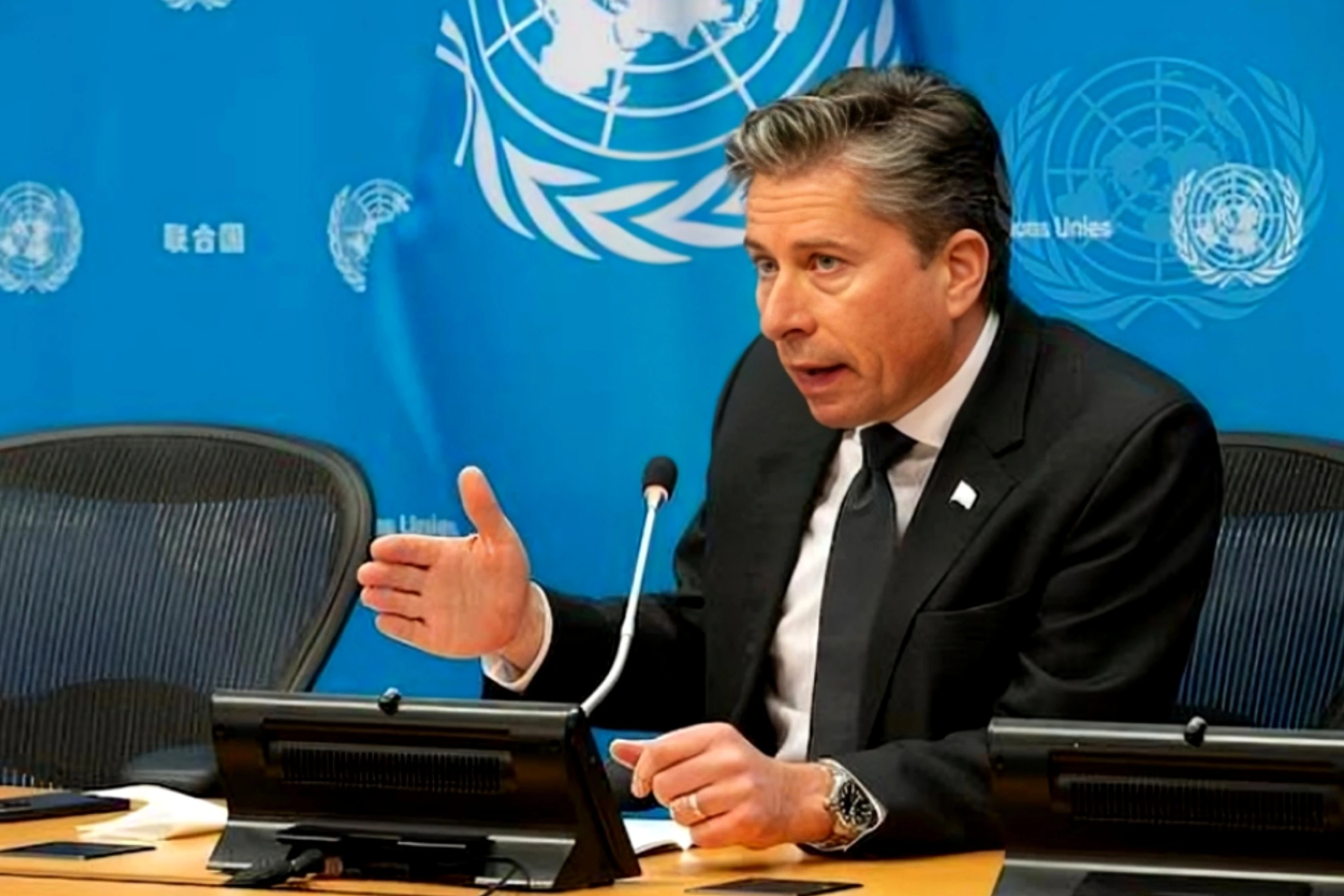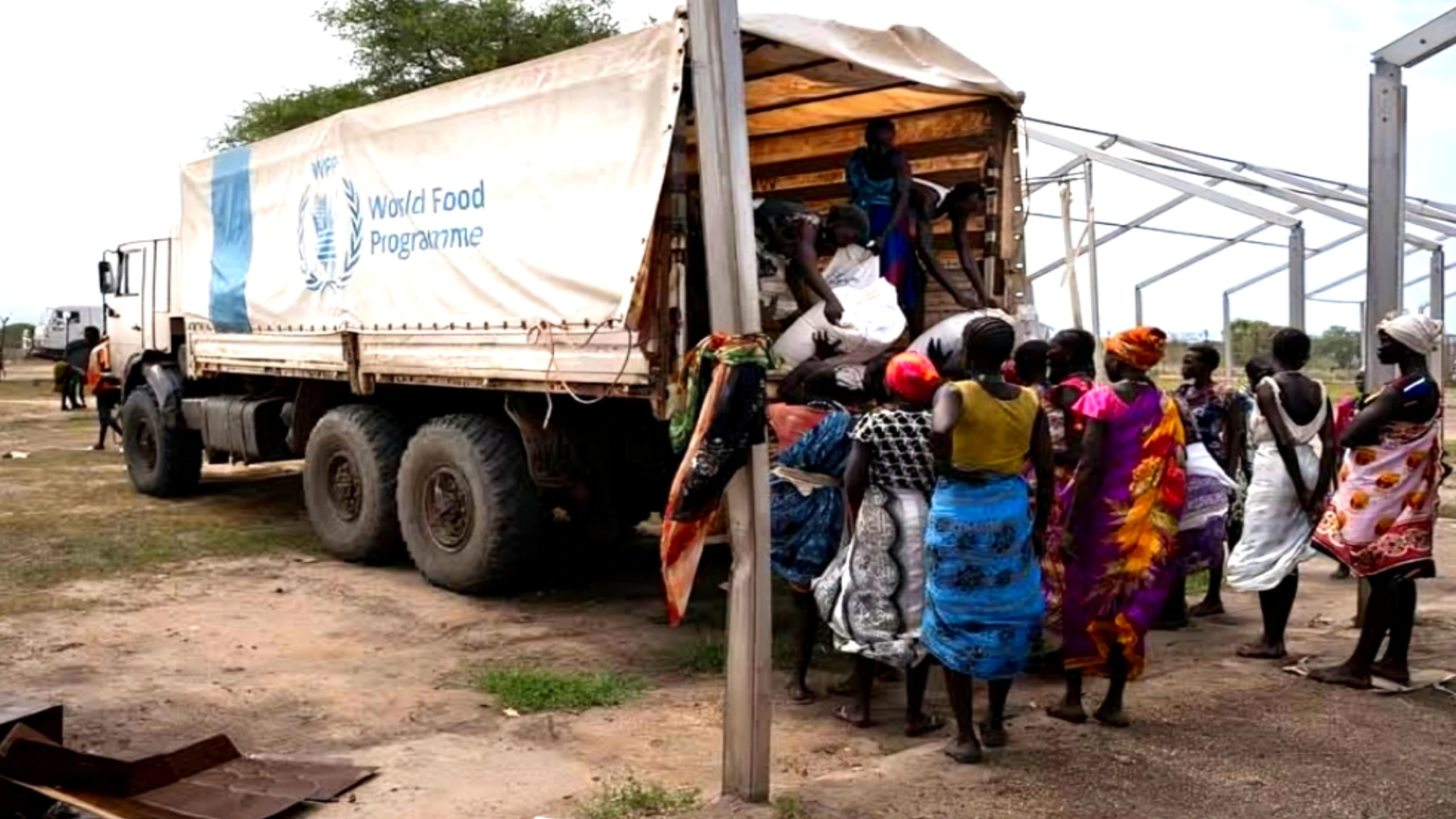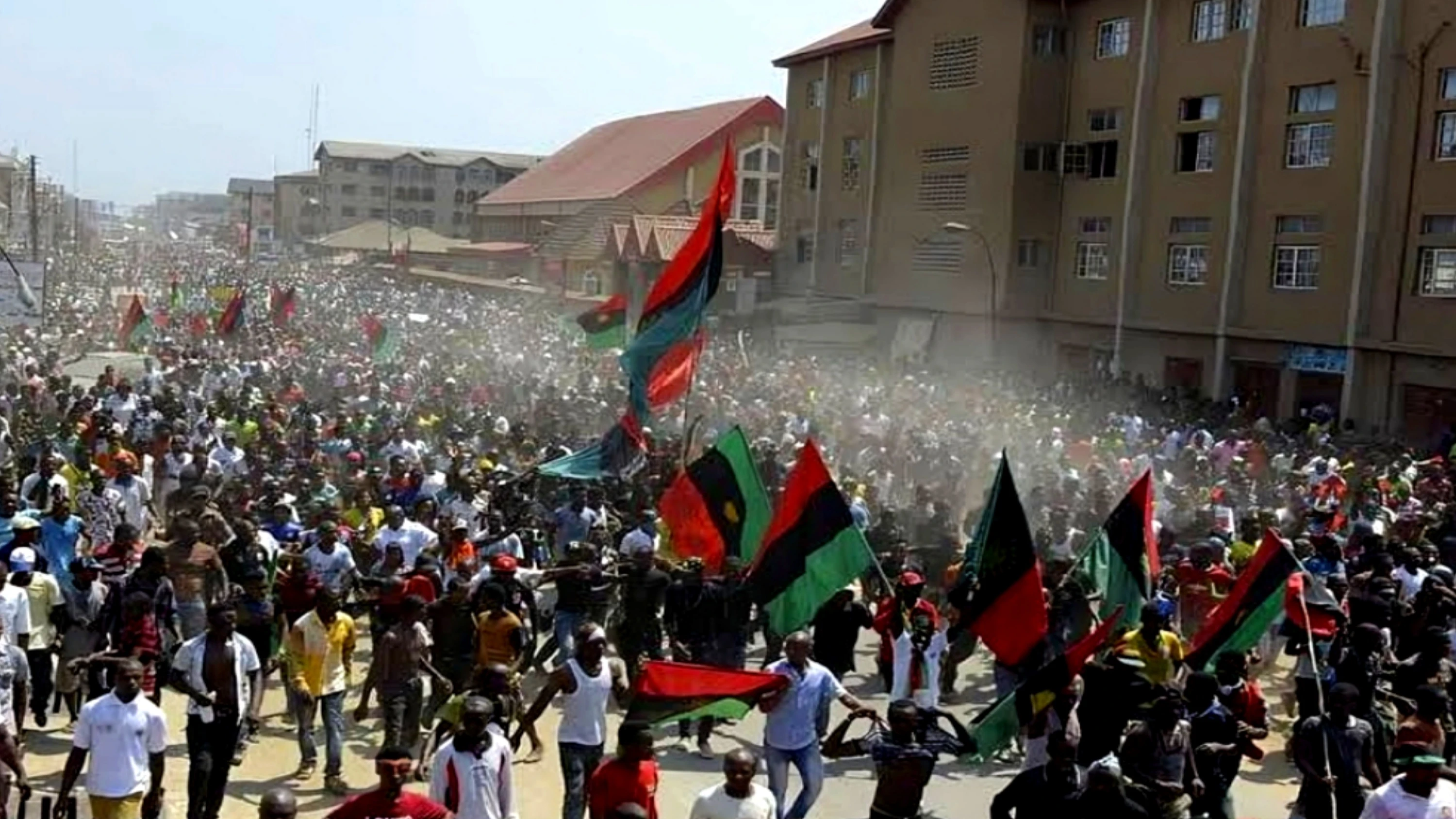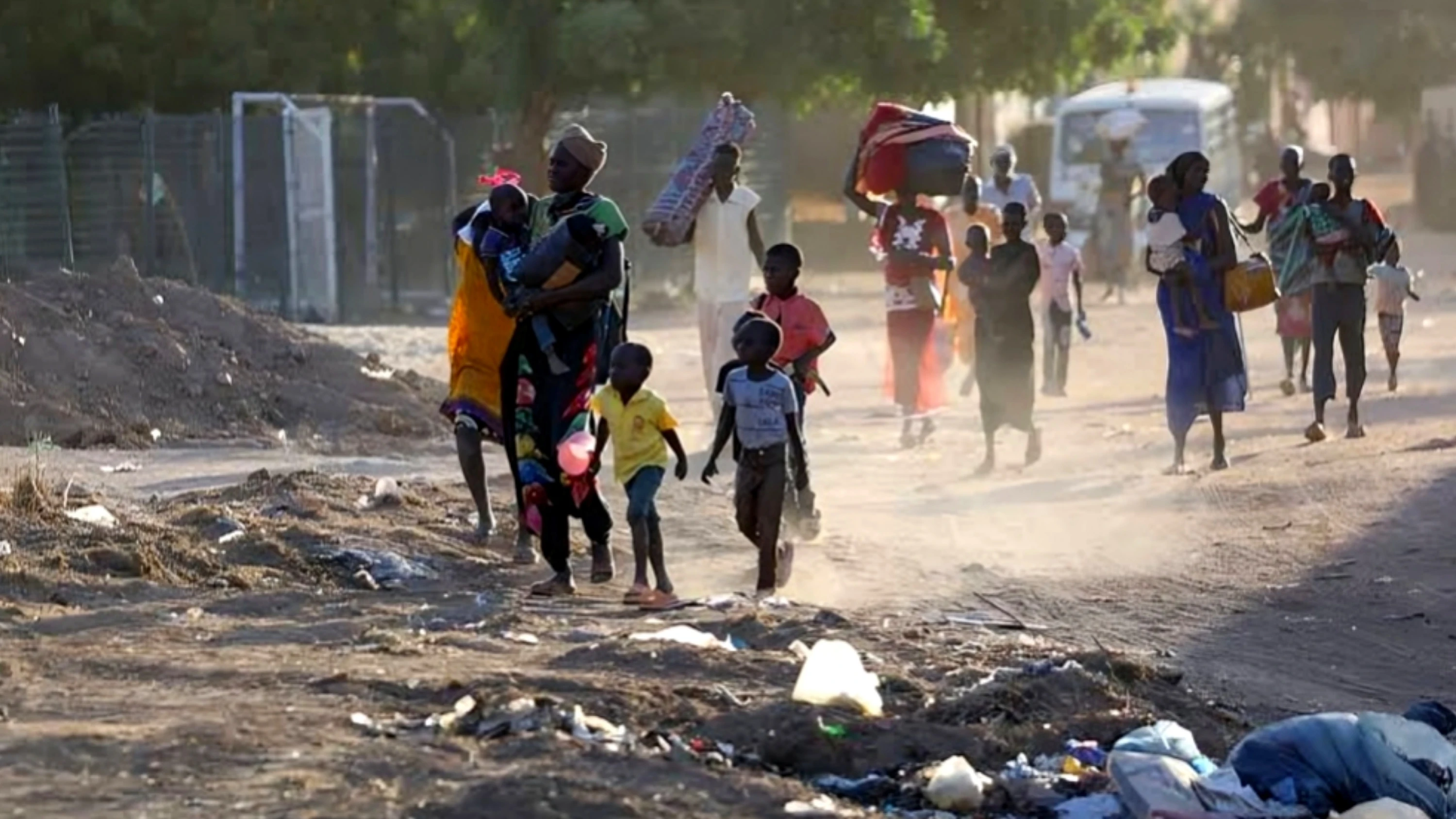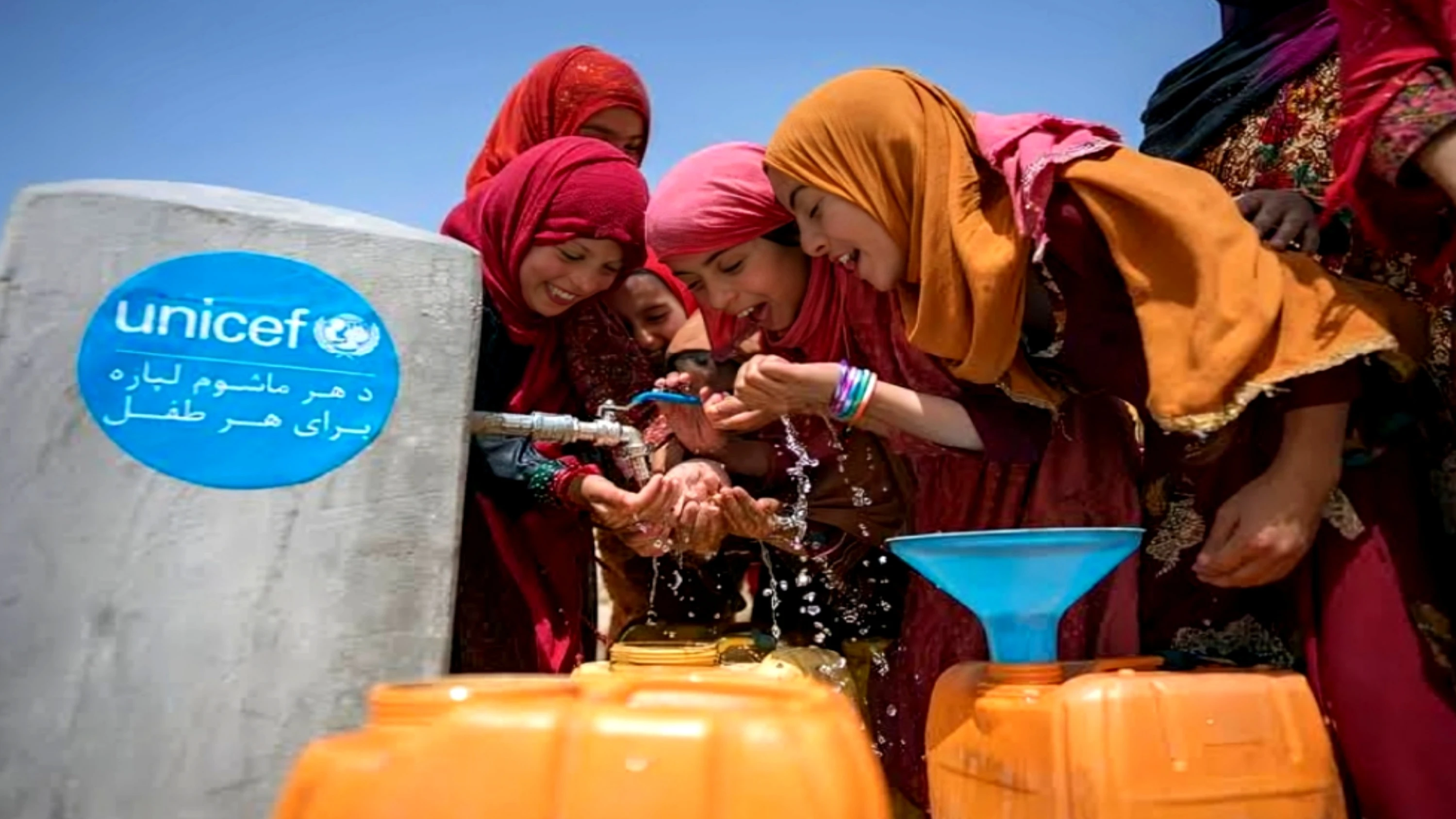New York: Senior United Nations officials have issued a stark warning that the global system designed to safeguard civilians in conflict zones is rapidly deteriorating, amid soaring death tolls, mass displacement, and increasing instances of sexual violence.
Speaking during a high-level UN Security Council debate on Thursday, Emergency Relief Coordinator Tom Fletcher painted a bleak picture of current humanitarian conditions, citing over 36,000 civilian deaths in conflicts during 2024 alone. Fletcher warned that the fundamental international principles meant to shield non-combatants are "crumbling."
"The scaffolding built last century to protect us from inhumanity is collapsing," he said. “We must act now — lives depend on it.”
UN data shows that civilians made up the majority of casualties in 14 ongoing conflicts last year. Global displacement has reached unprecedented levels, with more than 122 million people forced from their homes. Critical infrastructure like hospitals, schools, water supplies, and power grids were frequent targets, further deepening the humanitarian crisis.
Aid workers have not been spared either. At least 360 humanitarian staff were killed in 2024, with Gaza and Sudan among the deadliest regions for relief personnel — most of them local staff.
Fletcher also raised concerns about the evolving nature of warfare, highlighting how artificial intelligence and digital technologies are undermining accountability and intensifying harm. Misinformation, he noted, is endangering both civilians and humanitarian missions.
“Disinformation campaigns have disrupted aid delivery and eroded trust in humanitarian agencies, while journalists covering these crises have also become targets,” Fletcher said. According to UNESCO, 53 journalists lost their lives in conflict zones last year.
Sima Bahous, Executive Director of UN Women, emphasized the gender-specific impact of conflict, warning that over 612 million women and girls are currently living in areas affected by violence. She described a devastating rise in conflict-related sexual and reproductive violence.
“Women are not just collateral damage,” Bahous said. “They are directly targeted by bombs, siege tactics, and systematic reproductive violations.”
In Gaza, she reported, more than 28,000 women and girls have been killed since October 2023 — averaging one death per hour. Many have endured childbirth in dire conditions, without medical care or basic necessities, often while displaced and malnourished.
Bahous urged the Security Council to formally recognise reproductive violence as a specific crime and to hold perpetrators accountable. She also drew attention to the mental health toll on women in conflict zones, citing rising levels of depression, trauma, and domestic abuse, compounded by online harassment and digital threats.
Both officials called for urgent reforms to protect civilians and enforce compliance with international humanitarian law. Fletcher advocated for a “people-centered” approach to warfare, one that acknowledges civilian life patterns and limits harm even in lawful military actions.
Bahous stressed the crucial role of women-led grassroots organizations in peacebuilding and civilian protection. Yet, she warned that these groups are underfunded and increasingly vulnerable.
“There is no peace without protecting women and girls,” she concluded. “Empowering them with leadership and resources is the most effective shield we can offer.”


